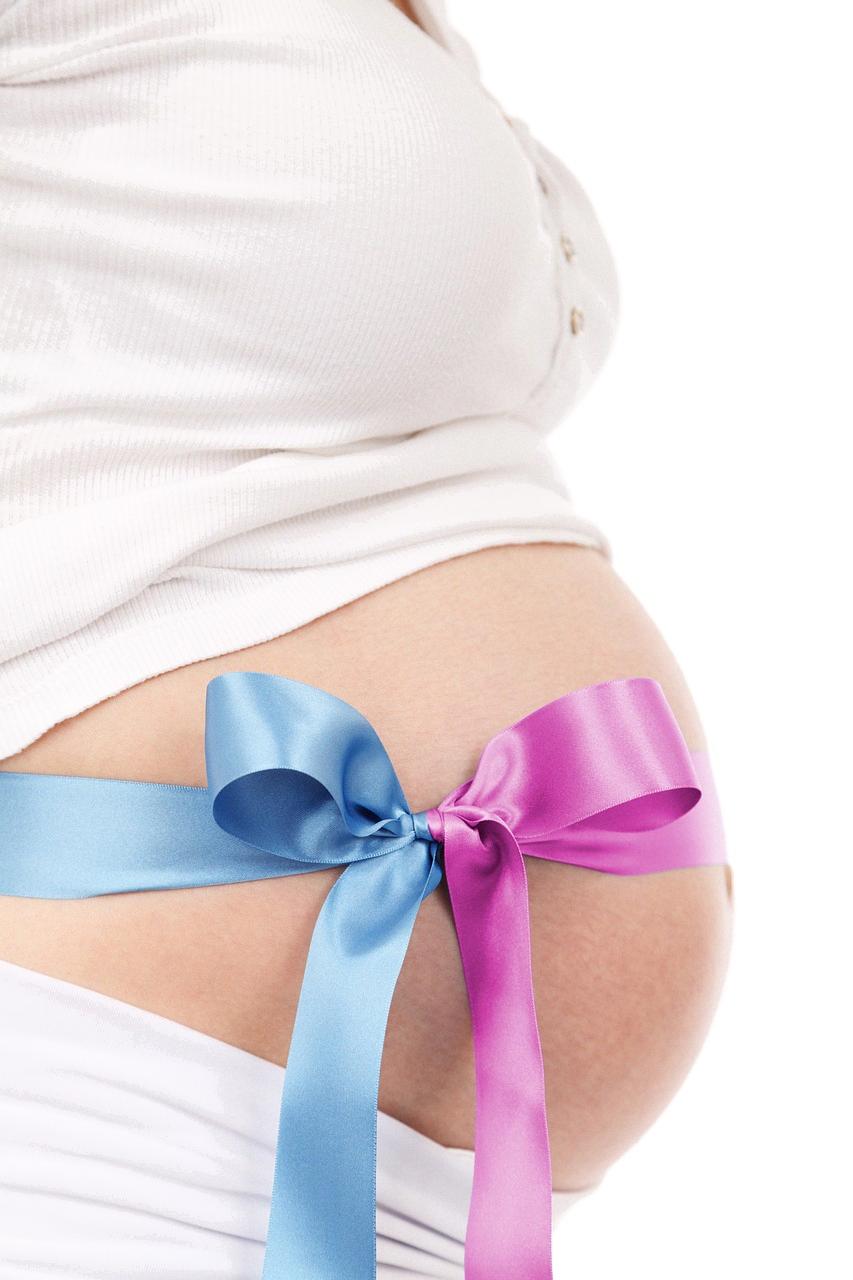When it comes to the effects of caffeine consumption on the fetus, there are several key factors to consider. One of the primary concerns is that caffeine can cross the placental barrier, which means that it can directly affect the developing fetus during pregnancy. This raises questions about how long caffeine can potentially impact the fetus and what consequences it may have.
Caffeine’s Elimination Half-Life
Another important factor to take into account is caffeine’s elimination half-life, which tends to increase during late gestation. This means that caffeine remains in the body for longer periods in pregnant individuals, potentially exposing the fetus to its effects for an extended duration. The implications of this prolonged exposure are still being studied and understood.
Metabolism of Caffeine in Infants
Furthermore, it is worth noting that infants have a limited ability to metabolize caffeine effectively, especially during the first few months of life. This suggests that any caffeine that may have crossed over from the mother during pregnancy could have a more potent impact on the newborn, as their bodies may struggle to process and eliminate it efficiently.
Duration of Caffeine’s Effects on the Fetus
Considering the various factors at play, the duration of caffeine’s effects on the fetus can vary. While caffeine is typically metabolized and eliminated from the body within a few hours in adults, the situation is different for fetuses and newborns. The exact length of time that caffeine can affect the fetus depends on multiple variables, including maternal caffeine intake, metabolism, and gestational age.
Potential Risks and Concerns
The potential risks and concerns associated with caffeine’s impact on the fetus are a topic of ongoing research and discussion. Some studies suggest that high levels of caffeine consumption during pregnancy may be linked to adverse outcomes, such as low birth weight, preterm birth, and developmental issues. These findings underscore the importance of understanding the effects of caffeine on fetal development.
Guidelines for Caffeine Intake During Pregnancy
Given the uncertainties surrounding caffeine’s effects on the fetus, many healthcare providers recommend that pregnant individuals limit their caffeine intake. The American College of Obstetricians and Gynecologists recommends that pregnant individuals consume no more than 200 milligrams of caffeine per day, which is roughly equivalent to an 8-ounce cup of coffee.
Individual Variances and Considerations
It is crucial to recognize that individual variances exist in how caffeine affects pregnant individuals and their fetuses. Factors such as metabolism, tolerance, and overall health can play a role in determining the impact of caffeine on fetal development. Therefore, decisions regarding caffeine consumption during pregnancy should be made in consultation with healthcare providers.
Effects of Prenatal Exposure to Caffeine
Research on the effects of prenatal exposure to caffeine continues to evolve, shedding light on how caffeine may influence fetal development and long-term health outcomes. Studies have explored potential links between maternal caffeine intake and conditions such as childhood obesity, behavioral issues, and neurodevelopmental disorders. These findings underscore the need for cautious caffeine consumption during pregnancy.
Monitoring Caffeine Intake
Monitoring caffeine intake during pregnancy is essential for minimizing potential risks to the fetus. Keeping track of caffeine sources, such as coffee, tea, chocolate, and certain medications, can help pregnant individuals stay within recommended limits. Being mindful of caffeine content in various products can contribute to a healthier pregnancy and optimal fetal development.
Future Research Directions
As the field of perinatal health continues to advance, future research is likely to delve deeper into the effects of caffeine on fetal development and maternal health. Investigating the long-term consequences of prenatal caffeine exposure, identifying vulnerable populations, and refining guidelines for caffeine intake during pregnancy are crucial areas of focus for promoting healthy outcomes for both mothers and their children.
Conclusion
In conclusion, the impact of caffeine consumption on the fetus is a complex and multifaceted issue that requires careful consideration. Understanding how caffeine can affect fetal development, metabolism, and long-term health outcomes is essential for promoting healthy pregnancies and ensuring the well-being of both mother and child. By staying informed, seeking guidance from healthcare providers, and making informed choices about caffeine intake, individuals can support optimal outcomes for themselves and their babies.

